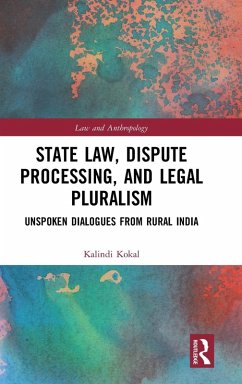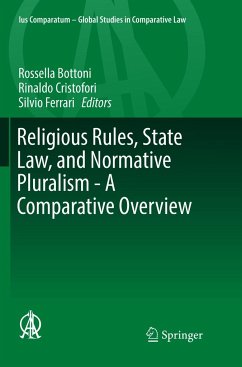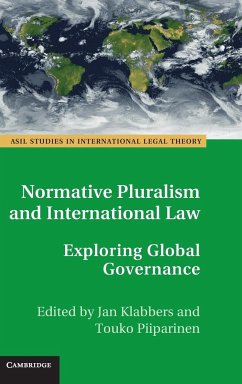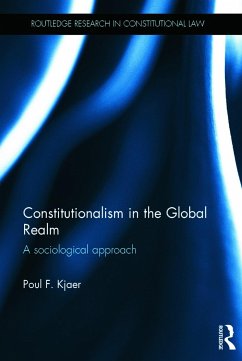
Normative Pluralism and Human Rights
Social Normativities in Conflict
Herausgeber: Topidi, Kyriaki
Versandkostenfrei!
Versandfertig in 1-2 Wochen
168,99 €
inkl. MwSt.
Weitere Ausgaben:

PAYBACK Punkte
84 °P sammeln!
This volume studies the tensions between the universalist aspirations of human rights and their local realizations. It reflects on how these tensions can be eased, while observing how they occur. The authors examine how obedience or resistance to the official law is generated through the interaction of a multiplicity of conflicting norms, interpretations and practices. It is argued that legal responsiveness to state law depends on how people with different identities deal with it, narrate it and build expectations from it, bearing in mind that legal pluralism may also operate as a phenomenon o...
This volume studies the tensions between the universalist aspirations of human rights and their local realizations. It reflects on how these tensions can be eased, while observing how they occur. The authors examine how obedience or resistance to the official law is generated through the interaction of a multiplicity of conflicting norms, interpretations and practices. It is argued that legal responsiveness to state law depends on how people with different identities deal with it, narrate it and build expectations from it, bearing in mind that legal pluralism may also operate as a phenomenon of exclusion of certain communities from the public sphere.













